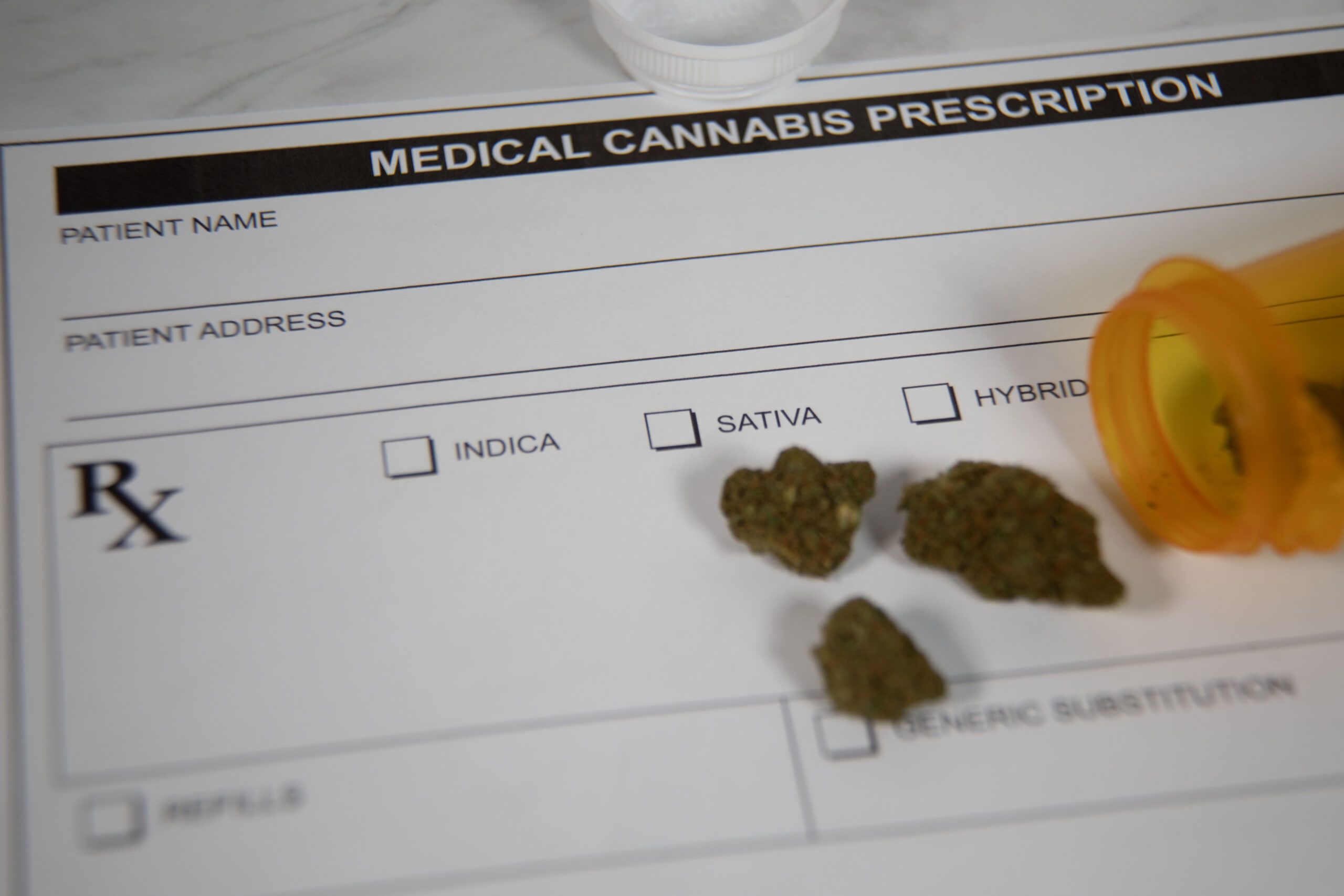FORT MYERS, Fla. — Nearly a decade after Florida voters approved medical marijuana through Amendment 2 in 2016, Fort Myers is witnessing a notable shift in public perception and acceptance of cannabis as a legitimate treatment option.
Once met with skepticism, medical marijuana is now embraced by a growing segment of the community, including parents seeking alternative remedies for stress and anxiety. Groups like “Cannamoms” have emerged, advocating for the responsible use of cannabis among mothers. Kodie Nastasi, a Fort Myers resident and medical marijuana patient, shared, “I feel that I’m able to be patient. My medicinal use is for medical conditions that make me a little anxious. We’re just moms like everyone else, trying to be socially accepted in our communities and our neighborhoods.”
Medical professionals in the area have also observed the benefits of cannabis for certain patients. Dr. Heather Auld, a physician at the Compassionate Cannabis Clinic in Fort Myers, noted that microdosing cannabis can help alleviate stress and inflammation without significant psychoactive effects. She emphasized, “People think that it’s just about smoking weed, and that couldn’t be further from the truth. If you are just feeling more mellow and not high during the daytime, that is so invaluable that you can really enjoy your children.”
Despite the growing acceptance, challenges remain. In 2018, Fort Myers enacted a temporary ban on new dispensaries, citing the need for more comprehensive state regulations. However, businesses like Curaleaf were able to open due to prior approvals. Currently, residents have access to several dispensaries, including Trulieve, Surterra Wellness, and AYR Cannabis Dispensary, offering a range of products from edibles to tinctures.
Economic factors also play a role in the evolving landscape. Recent proposals to increase license renewal fees for dispensaries—from $60,000 to over $1 million—have raised concerns among healthcare providers and patients. Dr. Auld expressed worry that such hikes could reduce the number of dispensaries, limiting patient access to necessary treatments.
Looking ahead, Florida voters are set to decide on a ballot initiative that could legalize recreational marijuana for adults 21 and over. While some see this as a natural progression, others, like Nastasi, caution that broader legalization might exacerbate existing stigmas. “The stigma is always going to be there. Unfortunately, making it recreational is not going to help our situation; the stigma is going to be there even more,” she remarked.
As Fort Myers continues to navigate the complexities of cannabis legislation and public opinion, the community’s evolving stance reflects a broader trend toward recognizing the potential benefits of medical marijuana, balanced against regulatory and societal considerations.

